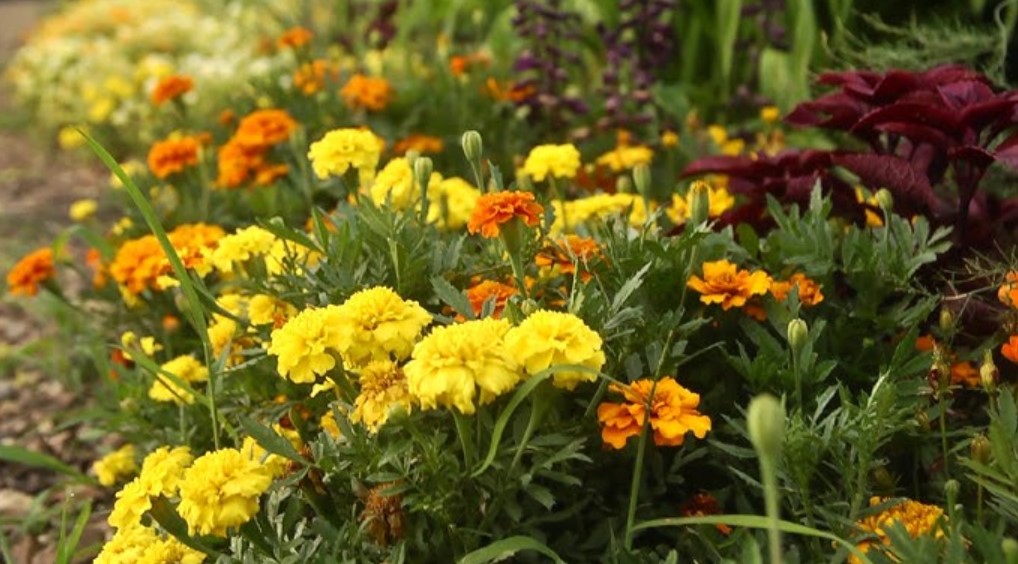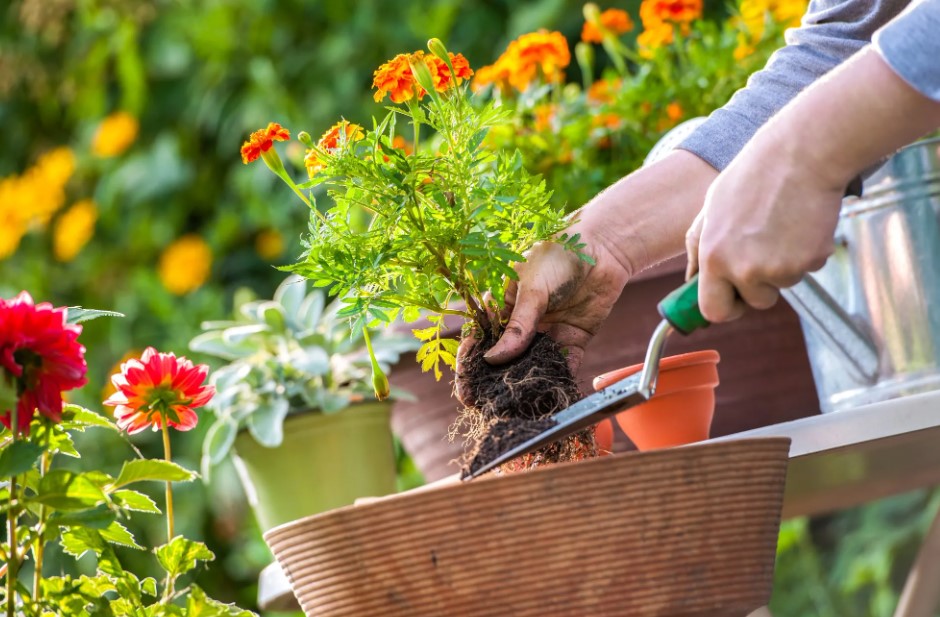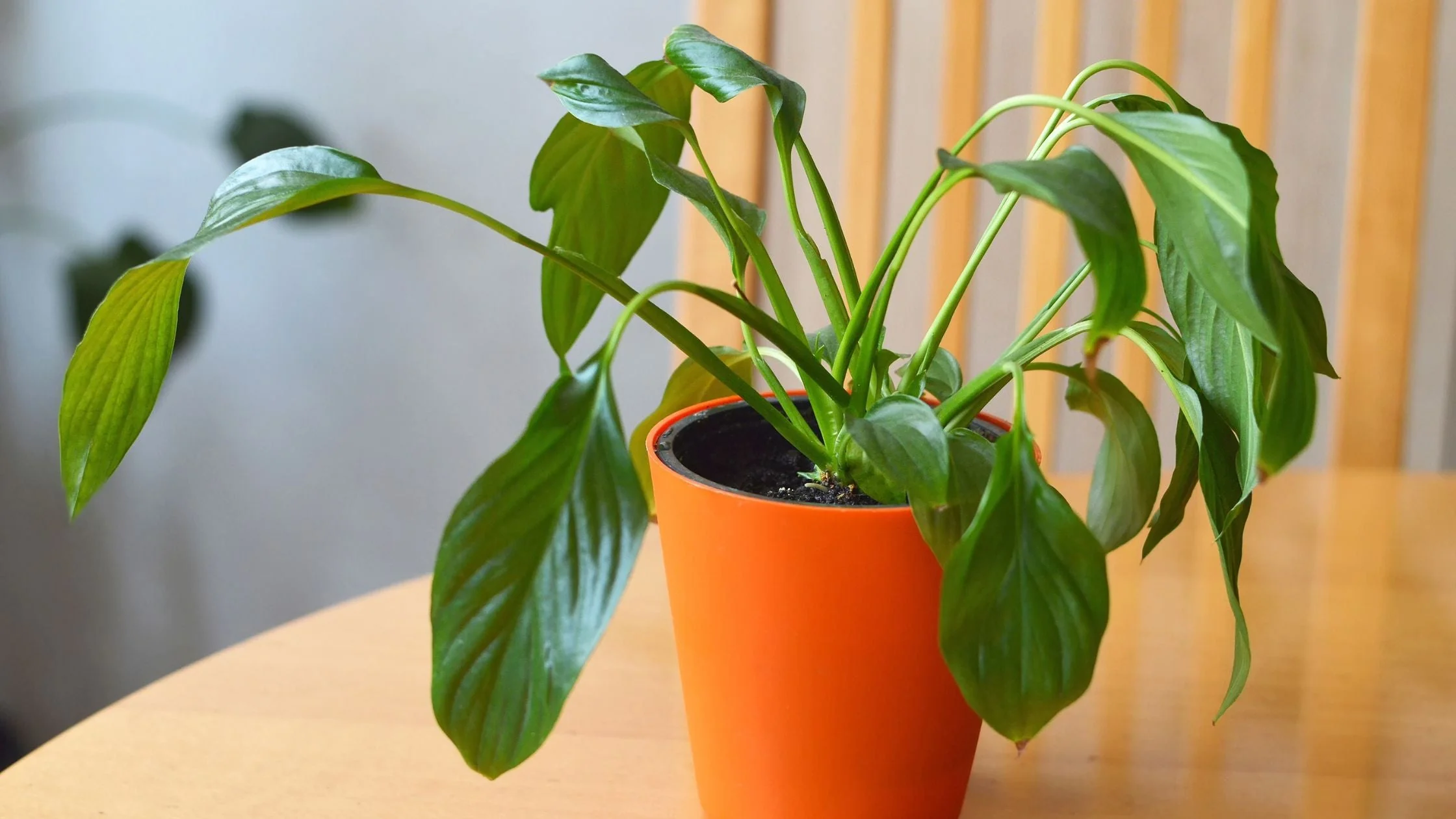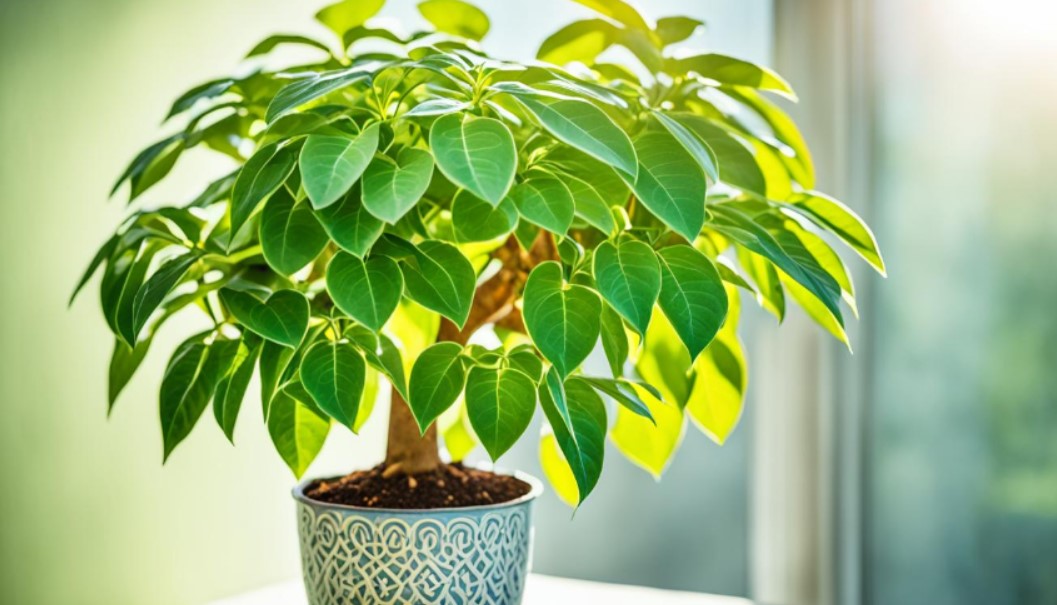Contents
Lemongrass is more than just an aromatic herb that flavors your favorite dishes. This hardy, tropical plant has earned a reputation in the gardening world for its natural pest-repelling properties. If you’re looking for a sustainable and eco-friendly solution to keep your garden free from pesky insects, lemongrass may be the answer. But what exactly does lemongrass repel in a garden? In this article, we’ll explore the science behind lemongrass and its natural ability to ward off unwanted visitors.
The Power of Lemongrass as a Natural Insect Repellent
Lemongrass (Cymbopogon citratus) contains a potent compound called citronella, which is well-known for its insect-repelling qualities. Citronella is frequently found in natural insect repellents and is highly effective at keeping bugs at bay. What’s special about growing lemongrass in your garden is that it acts as a living repellent, releasing natural oils into the air without the need for sprays or chemicals.

What Pests Does Lemongrass Repel?
1. Mosquitoes
One of the most common pests repelled by lemongrass is the dreaded mosquito. Mosquitoes are notorious for ruining summer evenings and spreading diseases like West Nile Virus and malaria. Citronella oil, naturally present in lemongrass, masks scents that mosquitoes are attracted to, such as carbon dioxide and lactic acid from human skin. As a result, growing lemongrass around your garden or patio is a smart, natural strategy to keep mosquitoes at bay.
2. Flies
Are flies buzzing around your outdoor space driving you crazy? Lemongrass can help. Like mosquitoes, flies are deterred by the strong scent of citronella. Whether it’s house flies, fruit flies, or even gnats, planting lemongrass can reduce their presence. If you have an outdoor seating area or frequently enjoy meals outside, growing lemongrass nearby can make a noticeable difference in how often flies invade your space.
3. Ants
While ants play a beneficial role in ecosystems, they can become problematic if they invade your home or garden. The citronella oil in lemongrass disrupts the scent trails that ants use to navigate, making it harder for them to find food sources. Planting lemongrass near entry points or along garden beds can act as a natural deterrent to ant invasions.
4. Ticks and Fleas
If you have pets or live near wooded areas, ticks and fleas are a major concern. Both ticks and fleas are notorious for latching onto pets and humans, causing discomfort and potentially spreading diseases. Lemongrass helps to repel these pests, making it a helpful addition to gardens where pets frequent.
5. Aphids
For vegetable and flower gardeners, aphids are a common nuisance. These tiny insects suck the sap out of plants, stunting their growth and spreading diseases. Lemongrass emits strong scents that confuse and deter aphids, reducing the likelihood of an infestation in your garden.
Lemongrass Companion Planting for Pest Control
Integrating lemongrass into your garden not only helps repel pests, but it also enhances the overall health of your plants. Companion planting is a gardening technique that involves growing different plants together to improve growth or reduce pests. Lemongrass is a fantastic companion for vegetables, herbs, and flowers that may otherwise be susceptible to insect damage.
For example, planting lemongrass near tomatoes, peppers, and other crops can provide an extra layer of protection against pests without the need for chemical pesticides. Similarly, flowers like marigolds and lavender complement lemongrass’s pest-repelling properties, creating a more harmonious and thriving garden environment.
How to Grow Lemongrass in Your Garden
Growing lemongrass is relatively easy and rewarding, especially when you consider its dual purpose as both a culinary herb and a natural insect deterrent. Here’s how you can add lemongrass to your garden:
- Choose the Right Spot: Lemongrass loves sunlight, so plant it in a sunny area of your garden that gets at least 6-8 hours of direct sunlight per day.
- Well-Drained Soil: Make sure the soil is well-draining, as lemongrass does not thrive in overly wet conditions. Loamy or sandy soil works best.
- Watering: Water the plant regularly, especially in the warmer months, but be sure not to overwater.
- Spacing: Give each lemongrass plant enough space to grow, as it can reach up to 4 feet in height and spread. Proper spacing helps with air circulation and prevents pests like aphids from becoming a problem.
Once established, lemongrass will continue to thrive with minimal care, offering both beauty and functionality in your garden.
Lemongrass Essential Oil for Pest Control
If growing the plant isn’t an option, you can still enjoy the pest-repelling benefits of lemongrass by using its essential oil. Lemongrass essential oil is readily available in many stores and can be used in DIY sprays to keep pests away from your garden or home.
- Mosquito Repellent Spray: Mix lemongrass essential oil with water and spray it around outdoor seating areas to repel mosquitoes.
- Fly Deterrent: Apply a few drops of lemongrass oil on cotton balls and place them near windows and doors to prevent flies from entering your home.
- Pet Protection: Dilute lemongrass oil with water and apply it to your pet’s fur to protect them from fleas and ticks.
Conclusion
Lemongrass is a powerful, natural solution for keeping pests out of your garden. From mosquitoes and flies to ants and aphids, this versatile plant offers a range of benefits without the need for chemical repellents. Whether you grow lemongrass directly in your garden or use its essential oil, you’ll enjoy a pest-free, fragrant, and visually appealing space. Incorporating lemongrass into your gardening strategy is an excellent way to practice sustainable, organic pest management that benefits both your plants and the environment.
Frequently Asked Questions
Does lemongrass repel spiders?
While lemongrass isn’t specifically known to repel spiders, the strong scent of citronella may help reduce spider activity, especially if you’re using lemongrass oil in your home.
Can lemongrass keep snakes away?
There’s no strong scientific evidence to suggest that lemongrass repels snakes. However, some gardeners believe that the scent might be unpleasant to snakes, making them less likely to hang around.
Does lemongrass repel rodents?
Lemongrass isn’t known to repel rodents like mice or rats. For rodent control, you may want to consider other natural repellents such as peppermint oil or planting mint.
How long does it take for lemongrass to grow?
Lemongrass grows relatively fast. Under the right conditions, it can grow to a mature height of 3-4 feet within a single growing season.
You May Also Read:





